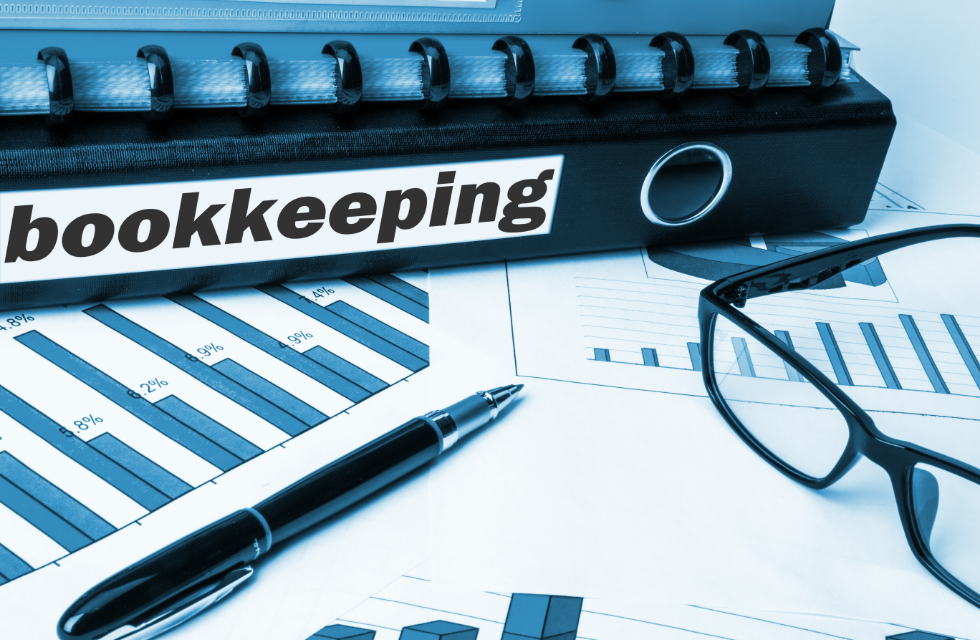Bookkeeping packages are an important part of any small business. They help business owners manage their financial records and keep track of their finances. Bookkeeping packages come with a range of features that can help small businesses manage their finances more effectively and make sound financial decisions. In this article, we will look at some of the features of bookkeeping packages for micro businesses .

Image Source : Google
1. Financial Tracking: Most bookkeeping packages provide financial tracking tools that allow business owners to track their income and expenses. This helps them to keep accurate records of their financial transactions and make informed decisions about their finances.
2. Automation: Bookkeeping packages also offer automation tools that allow business owners to automate their financial processes. This helps to save time and money and make sure that all their financial data is accurate and up-to-date.
3. Reporting: Bookkeeping packages provide reporting tools that allow business owners to generate reports on their financial activities. This helps to make sure that all the financial data is accurate and up-to-date and that their financial decisions are based on accurate information.
4. Budgeting: Bookkeeping packages also provide budgeting tools that allow business owners to create budgets and monitor their spending. This helps them to stay within their budget and make sure that their finances are managed properly.
5. Tax Planning: Bookkeeping packages also provide tax planning tools that help business owners to plan for their taxes and make sure that they are paying the correct amount of taxes. This helps them to reduce their tax liabilities and maximize their profits.